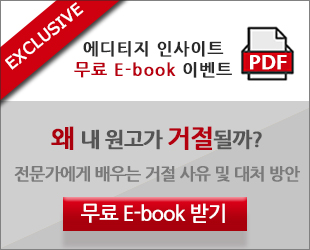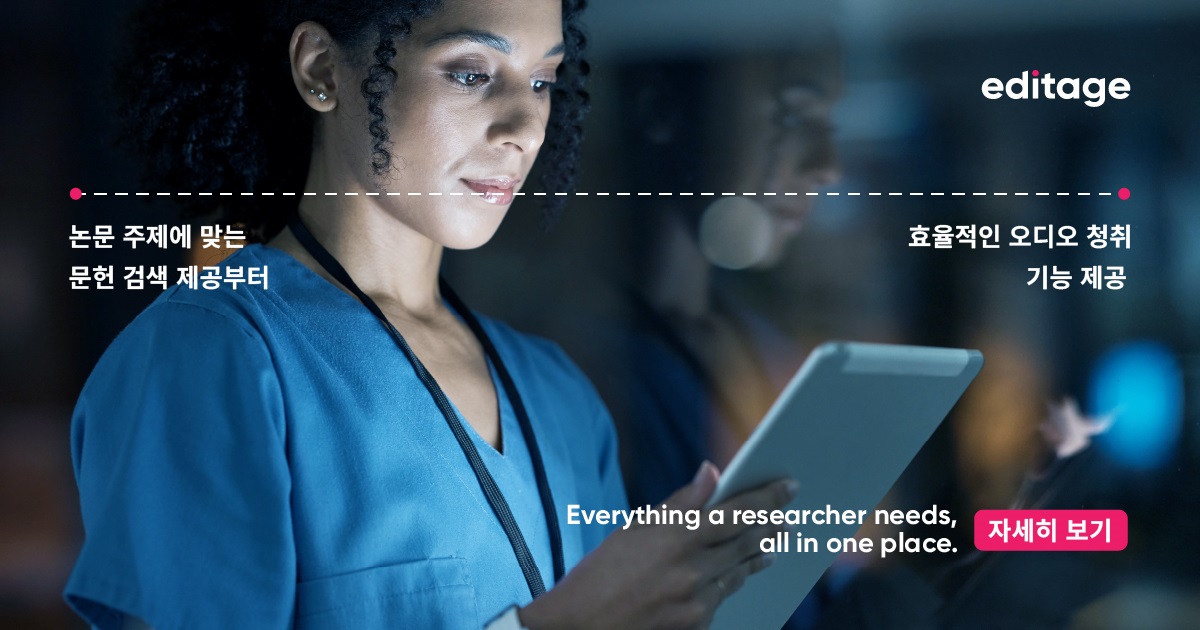Dr. Anne Altor has over 13 years of experience in academic writing/editing. She received her BS (2003) in Environmental and Forest Biology from the College of Environmental Science and Forestry in New York State. As an undergraduate, she conducted research on consequences of invasive plants on wetlands of Lake Erie and methods for controlling their spread. Later, during her doctoral program in Environmental and Soil Science at Ohio State University, she focused on ecosystem science and conducted field and laboratory research on methane emissions from wetlands in relationship to hydrology, soils, and vegetation.
Can you describe your career in short? How did you decide to enter the field of academic publishing?
I have been a writer for most of my life, initially of poetry and prose, and later of science as well. After completing my PhD, I spent three years in consulting, where I worked on water-related issues including ecological wastewater treatment, green infrastructure, and performance of mitigation wetlands. I prepared many technical reports during my time in consulting. I then enjoyed a 1-year contract at Indiana University during which I wrote a book chapter on the biology of wetland soils, provided numerous peer reviews and other editing services, performed soil physical and chemical analyses, and assisted graduate students with their research and writing.
In addition to writing manuscripts and proposals based on my own research, editing and peer review were a regular part of my academic training and responsibilities. Writing and editing continued to be a central focus of my work in consulting and academia, so entering academic publishing was a natural progression for me. In addition to my editing work, I continue to serve as a peer reviewer for various journals, and I work with non-profits as an ecologist, grant writer, reviewer, and communications specialist. I believe it is very important for researchers to publish their findings, and it is rewarding to be involved in the process of bringing new results and insights into the public realm.
You are part of the Publication Support Services Team at Editage/CACTUS. How has this experience influenced your approach towards writing, editing, and publishing a manuscript?
Working as a professional editor has made me more aware of the technical and stylistic aspects of writing, and it inspires me to continue to write. Publishing is exciting, and an important outcome of hard work, research, and analysis. As a result of my involvement in publication support, I have a better appreciation of the need for critical review, attention to detail, and clear and concise presentation of ideas. When producing my own writing, I have my work reviewed and critiqued by others. I always find that peers and colleagues can provide helpful insights and perspectives.
You are a published author and have also served as a peer reviewer. Based on your own experience, how do you define a good/well-structured manuscript?
First, a manuscript must address a relevant issue or question or seek to provide insight into a problem of interest. While many manuscripts are targeted to readers and researchers within a specific discipline, a scientific manuscript should generally provide enough detail and context to engage and be understandable to scientists from other fields. If the manuscript is a literature review, the author(s) should seek to synthesize existing work in a novel way or in a more comprehensive manner than has been done previously.
A well-written manuscript generally: sets a clear context for the work and its place within the existing body of research and thought; clearly defines the objectives to be addressed; describes the approach or methodology in a thorough yet concise manner, including methods used to assess the significance of experimental results; presents results in a logical and organized way so that readers can make their own assessments of the findings; and interprets and discusses the results in the context of existing knowledge, with an attempt to expand understanding of the subject. Finally, authors should discuss implications of their findings for current practice and for future research. Organization is key. Each section of the manuscript should contain the appropriate information (e.g., methods in the methods section only, results in the results section). Authors should strive to be concise while not sacrificing important details.
You clearly have a busy life. How do you spend your time when you’re not helping authors get published? You have also received a lot of additional training. That sounds interesting. Tell us something about that.
I am an avid rock climber, explorer of nature, reader, and cook. My favorite things to do with my free time include traveling and climbing cliffs, hiking and observing nature, learning, and experimenting in the kitchen.
My additional training focused on methods of assessing wetland habitats using various techniques for sampling vegetation and amphibians. I am especially interested in wetlands because of the diversity of organisms that inhabit them; the interesting adaptations plants, animals, and microbes have for living in these dynamic environments; and the important nutrient-cycling processes that occur in these ecosystems. I am interested in the restoration of degraded ecosystems of all types and in the preservation of existing habitats.
A few words for our clients…
All writers, including editors, need editors. Whether a native English speaker or not, most writers can benefit from a critique of the logic, structure, and clarity of their manuscripts. Although manuscripts may be returned to authors heavily marked up, the intent of the editing process is to support the author's goal of producing a high-quality document. As an editor, I appreciate the opportunity to be involved in shaping publication-worthy documents, and respect the responsibility of doing so.
You, the author, are the foremost authority on your work, and make the final decisions about the structure and content of your manuscript. Each of us, even if we've published many papers, can benefit greatly from having our work reviewed by individuals who are familiar with, yet not immediately involved in, our subject matter. So write on, seek help when needed, and publish so that others can learn from the hard work you have done!










